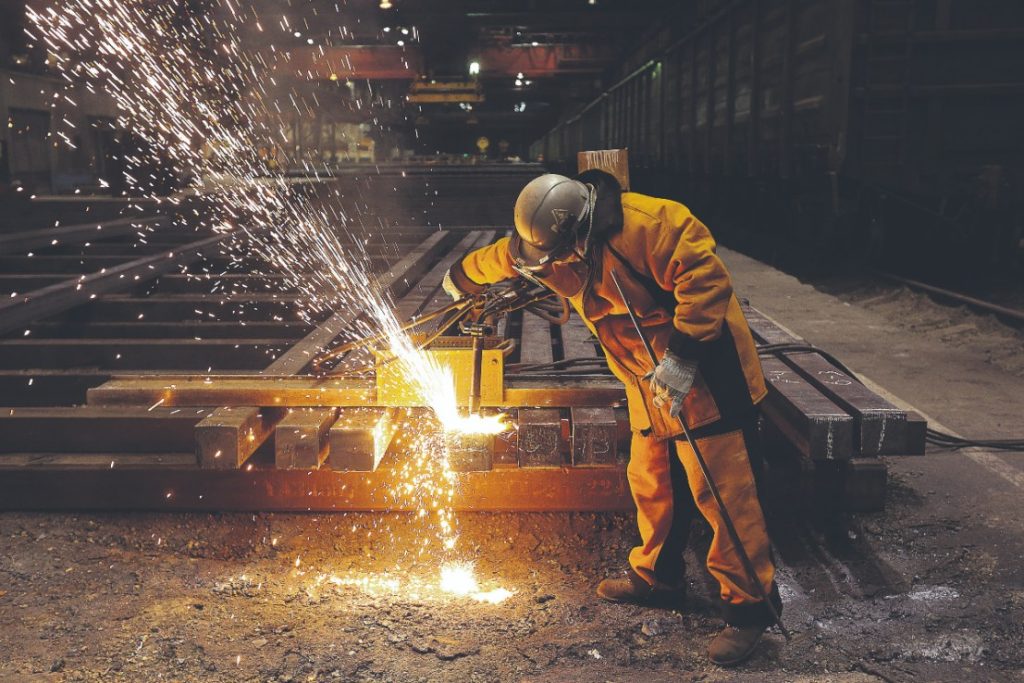
In a significant move that underscores the critical state of the UK’s steel industry, Parliament is set to be recalled this Saturday to address the uncertain future of British Steel. The decision comes after the company’s owner, China’s Jingye Group, announced plans to potentially shut down its two blast furnaces in Scunthorpe due to financial unviability. This has thrown a spotlight on the economic challenges faced by the steel sector and prompted urgent discussions on potential solutions, including the prospect of nationalizing the iconic steel manufacturer.
Economic Challenges Facing British Steel
British Steel, which employs approximately 2,700 workers, is on the brink of depleting its supply of essential raw materials needed to maintain its operations. The company has reported substantial daily financial losses, estimated at around £700,000, leading to the contemplation of closing its crucial blast furnaces. Such a move could have dire implications not just for the workers and the regional economy of Scunthorpe, but also for the UK’s industrial capabilities as a whole.
The backdrop to these developments includes existing international trade dynamics, with tariffs imposed by other nations impacting British Steel’s competitiveness on the global stage. In light of these challenges, the recall of Parliament seeks to explore legislative measures that could safeguard the continuing operations of the blast furnaces, reflecting the broader concern over the sustainability and future of the UK’s steel industry.
Government and Stakeholder Reactions
Prime Minister Keir Starmer has indicated that all options are being considered to secure the future of British Steel, including the potential nationalization of the Scunthorpe plant. The recall marks a rare instance of Parliament convening on a weekend, a reflection of the urgency with which this issue is being treated. The planned parliamentary session will commence with debates on the legislative steps necessary to ensure the blast furnaces’ ongoing operation, underscoring the high stakes involved.
Support for the recall has been echoed by industry leaders and unions alike. Gareth Stace, Director-General of UK Steel, praised the government’s decision, emphasizing the essential contribution of the steel sector to the national economy and the security it provides to the communities reliant on it. Similarly, Roy Rickhuss, General Secretary of the steelworkers’ union Community, hailed the recall as a positive step toward securing the industry’s future.
The Implications of Nationalization
Nationalization could present both opportunities and challenges. On one hand, it could provide the necessary capital investment required to transition the Scunthorpe plant to more sustainable, environmentally-friendly production methods, aligning with broader goals of reducing industrial carbon emissions. On the other hand, it represents a significant financial undertaking by the government, requiring careful consideration of its long-term economic implications.
Beyond the immediate issues faced by British Steel, the discussions point to broader systemic challenges within the UK’s manufacturing sector and the need for a strategic approach to industrial policy. Ensuring the competitiveness of domestic industries in the face of global economic pressures and evolving technological landscapes is crucial for the UK’s future economic resilience.
The outcome of the parliamentary discussions could set a precedent for how the UK addresses similar industrial challenges in the future, making the forthcoming debates not just a matter of economic policy, but of strategic national interest. As all eyes turn to Parliament this Saturday, stakeholders across the board will be keenly watching to see what path the government chooses to take in safeguarding one of the cornerstones of Britain’s industrial heritage.



